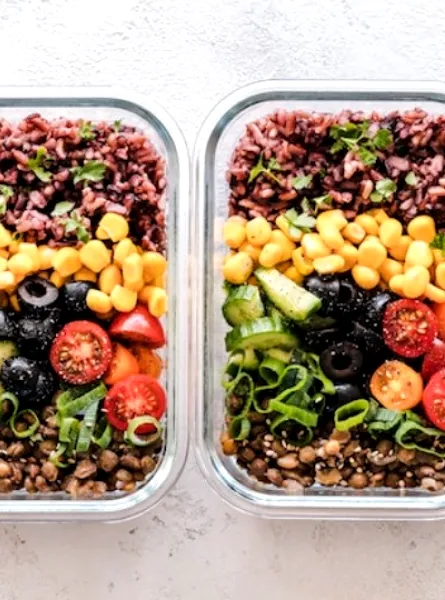
According to the World Health Organization (WHO), breast milk should be the only food and drink for a baby for the first six months of life. However, some mothers may choose to use infant formula, which is also a suitable option. It is important to note that breast milk remains the number 1 choice recommended by the WHO. Additionally, Health Canada recommends offering a liquid vitamin D supplement (400 IU/day) to breastfed babies until the age of one.
Introduction of Complementary Foods Around 6 Months
The introduction of complementary foods is generally recommended around 6 months of age. It is important to consider that the rate of growth can vary from one child to another, which means that some infants may need to start eating before 6 months. However, it is not recommended to introduce complementary foods before 4 months of age, as it could harm the baby's health.
Priority on Iron-Rich Foods
Around 6 months of age, it is crucial to ensure that your baby's iron stores are replenished by introducing iron-rich foods such as iron-fortified baby cereals, meat, poultry, fish, eggs, legumes, and tofu.
Progression of Textures and Food Choices
Once iron-rich foods are introduced twice a day, you can start adding other foods such as fruits, vegetables, and grain products. It is recommended to wait until around 9 months before introducing cow's milk, while the introduction of other dairy products such as yogurt, cheese, and milk can be done between 9 and 11 months.
- Early on: Smooth purees, then quickly move to thicker purees
- 7-8 months: Coarser purees, then foods mashed with a fork
- 9-12 months: Foods mashed with a fork, finely chopped, grated, or small soft pieces that the baby can pick up with their fingersFrom
- 12 months: Gradually, the baby eats like the rest of the family
Prioritize Homemade Purees and Progression of Textures
Prepare homemade purees using fresh foods such as meat, poultry, fish, legumes, fruits, and vegetables. Avoid adding sugar, salt, butter, and spices. Freeze the purees using ice cube trays and only thaw the portion needed for your baby's meal. As for textures, start with smooth purees and progress to thicker purees, foods mashed with a fork, coarsely mashed foods, and finally, from 12 months onwards, your baby can eat foods in the same way as the rest of the family.
Choice of Suitable Beverages for Babies From 6 Months
It is important to note that fruit juices should be avoided as they may decrease the amount of breast milk (or formula) and/or nutritious foods consumed, which are essential for your baby's development. From 6 months of age, water can be used to quench your baby's thirst, and this continues into adulthood. Just make sure to provide clean and drinkable water to your baby.
Avoid Processed Foods and Promote a Healthy Diet
It is recommended to avoid highly salty, sugary, and processed foods for infants, just as for people of all ages. Set an example by adopting a healthy and balanced diet because parents' eating habits can influence those of their baby.
The introduction of complementary foods is an important milestone in your baby's life. It is crucial to prioritize breast milk and/or infant formula for the first six months, and then gradually introduce iron-rich foods and other foods based on your baby's age. Prepare homemade purees without adding sugar, salt, butter, or spices, and follow the recommended progression of textures. Avoid fruit juices and processed foods, and opt for a healthy and balanced diet for your baby. Remember that every baby is unique, so it is important to adapt the advice according to your child's needs and preferences. If you have any questions or concerns, do not hesitate to consult a healthcare professional, such as a pediatrician or nutritionist, for personalized advice.
For further support in achieving and maintaining healthy eating habits for yourself and your entire family, refer to your TeamNutrition Dietitian.
* Image credit: Designed by Freepic.diller
References : https://naitreetgrandir.com/en/step/0-12-months/feeding/fiche.aspx?doc=…
https://www.canada.ca/en/health-canada/services/canada-food-guide/resou…





